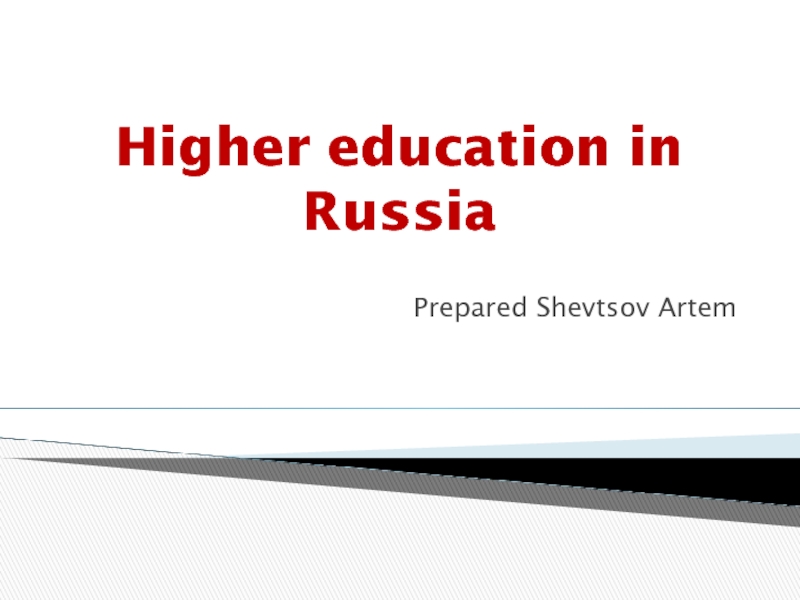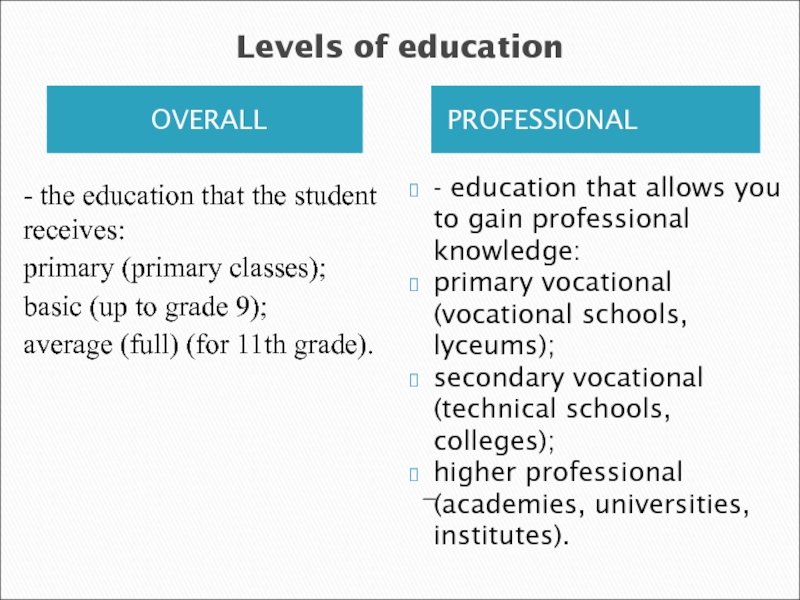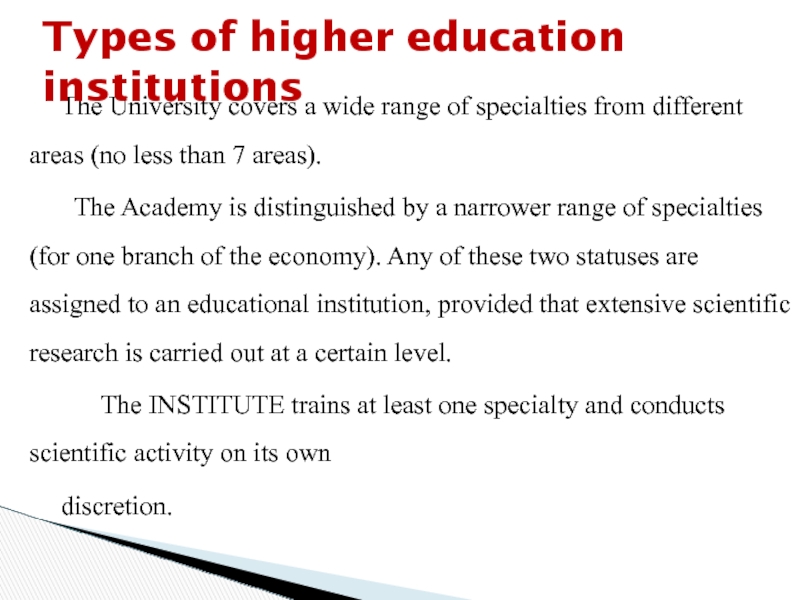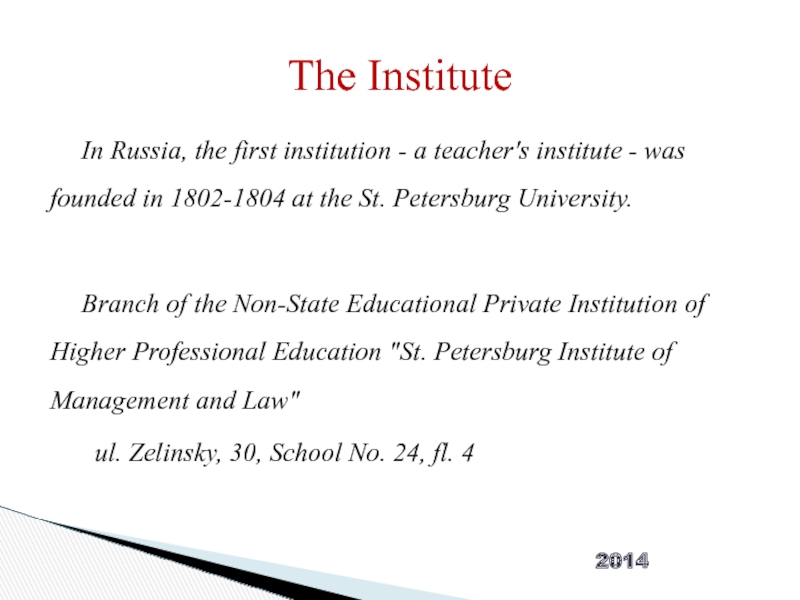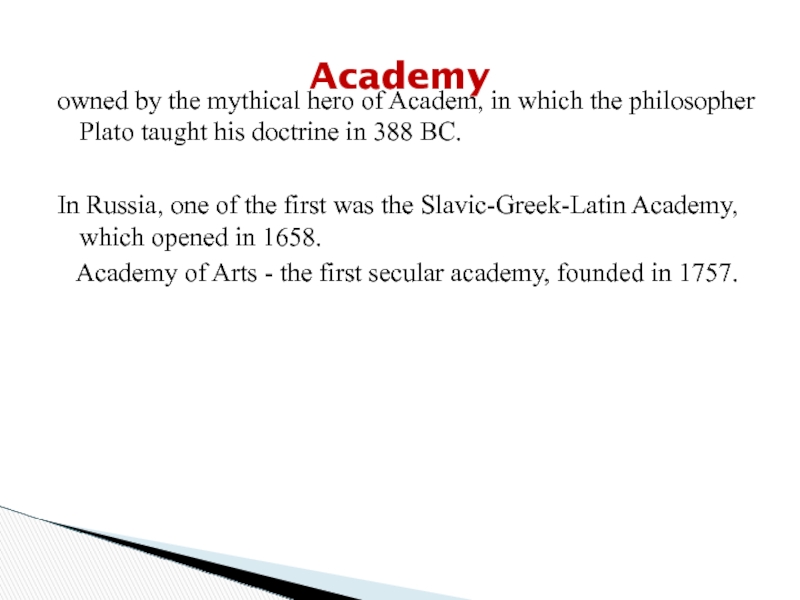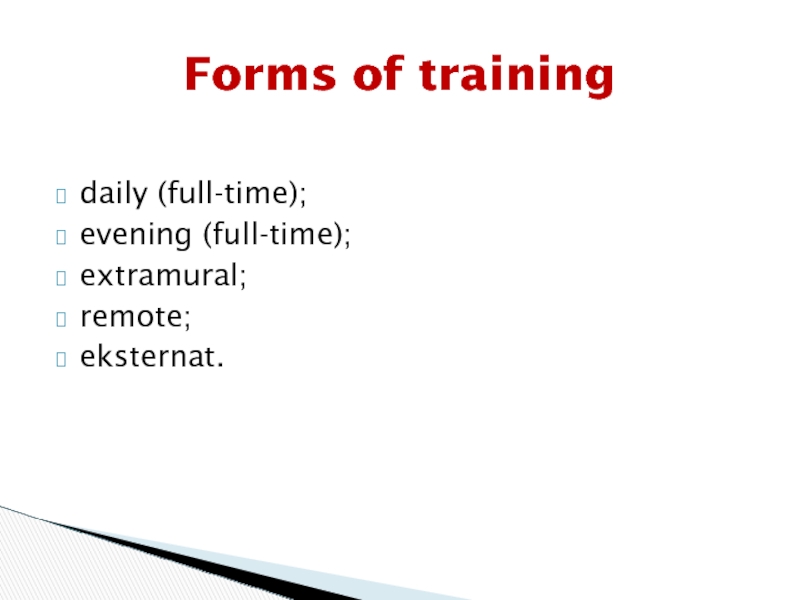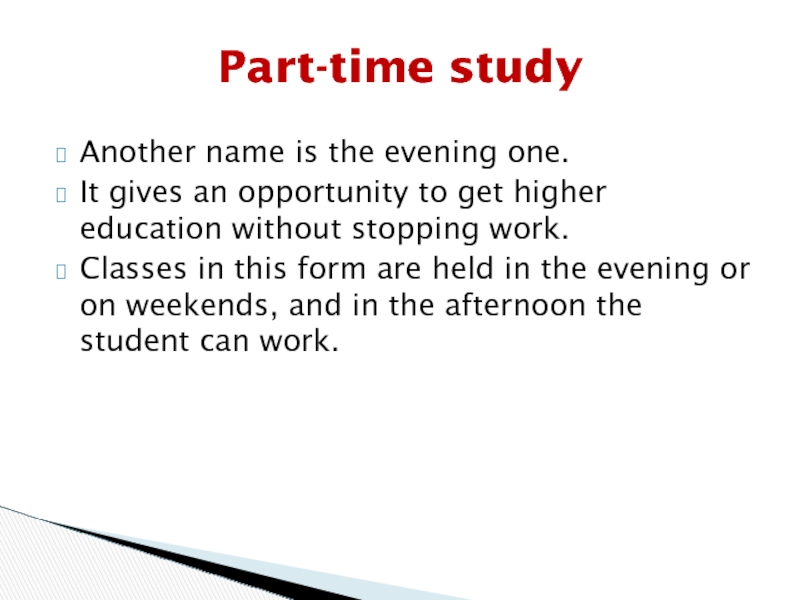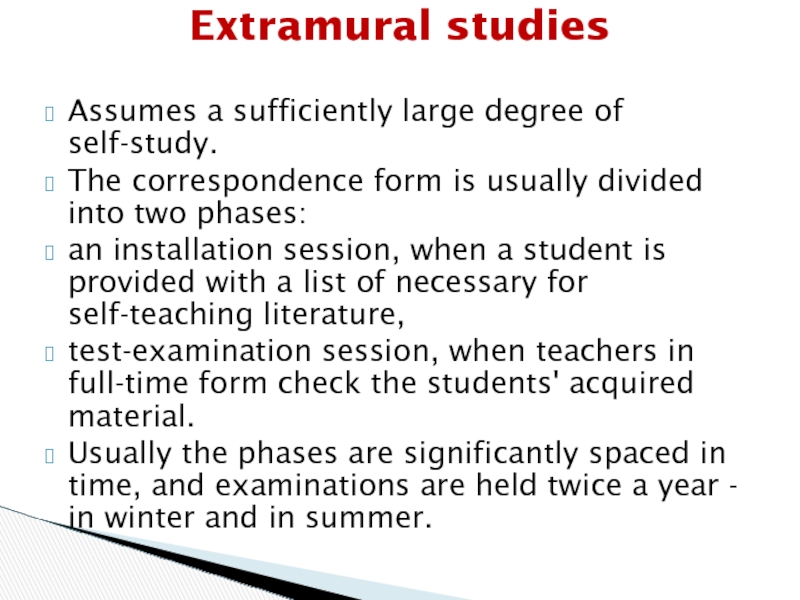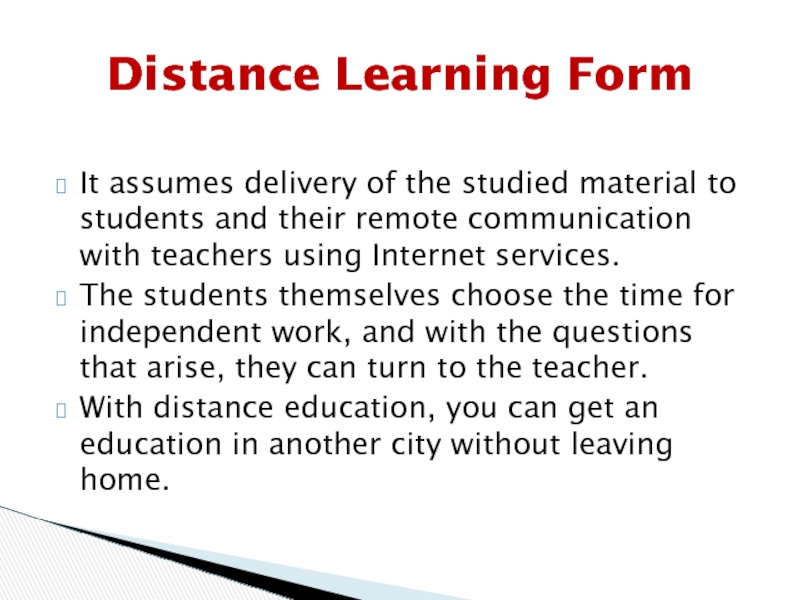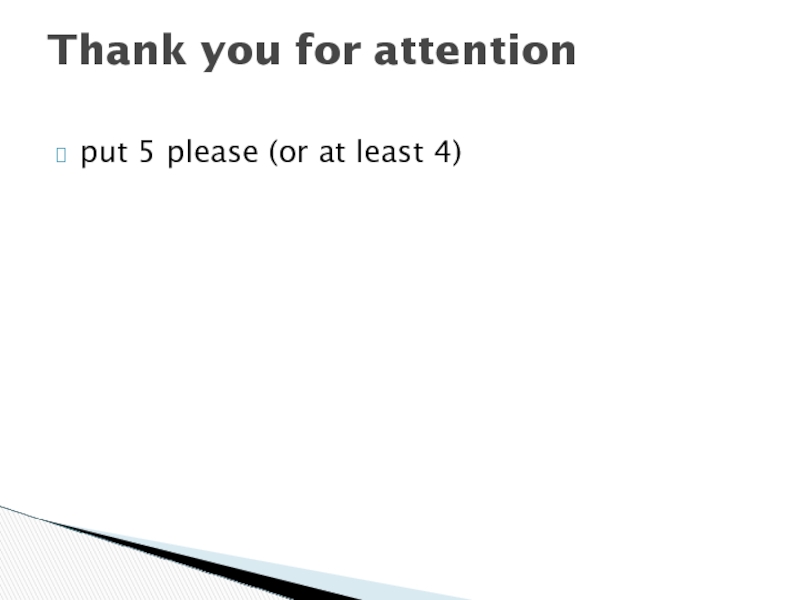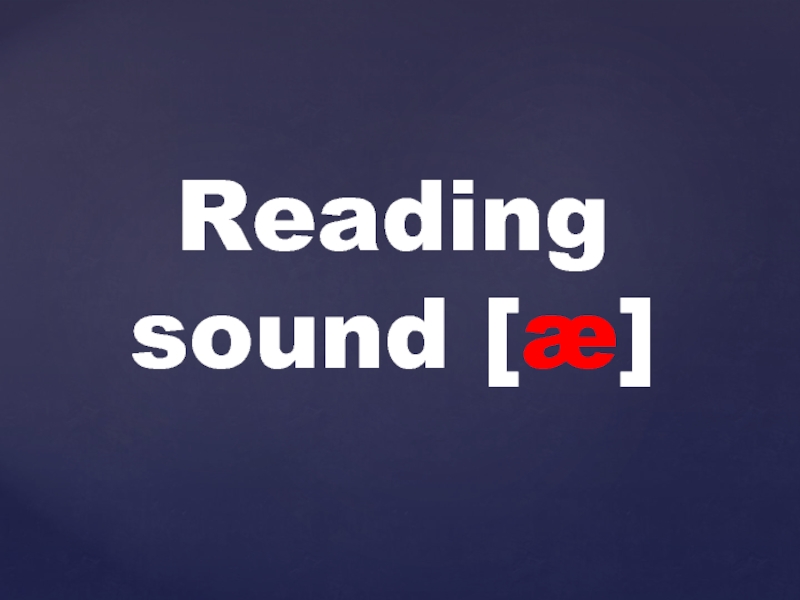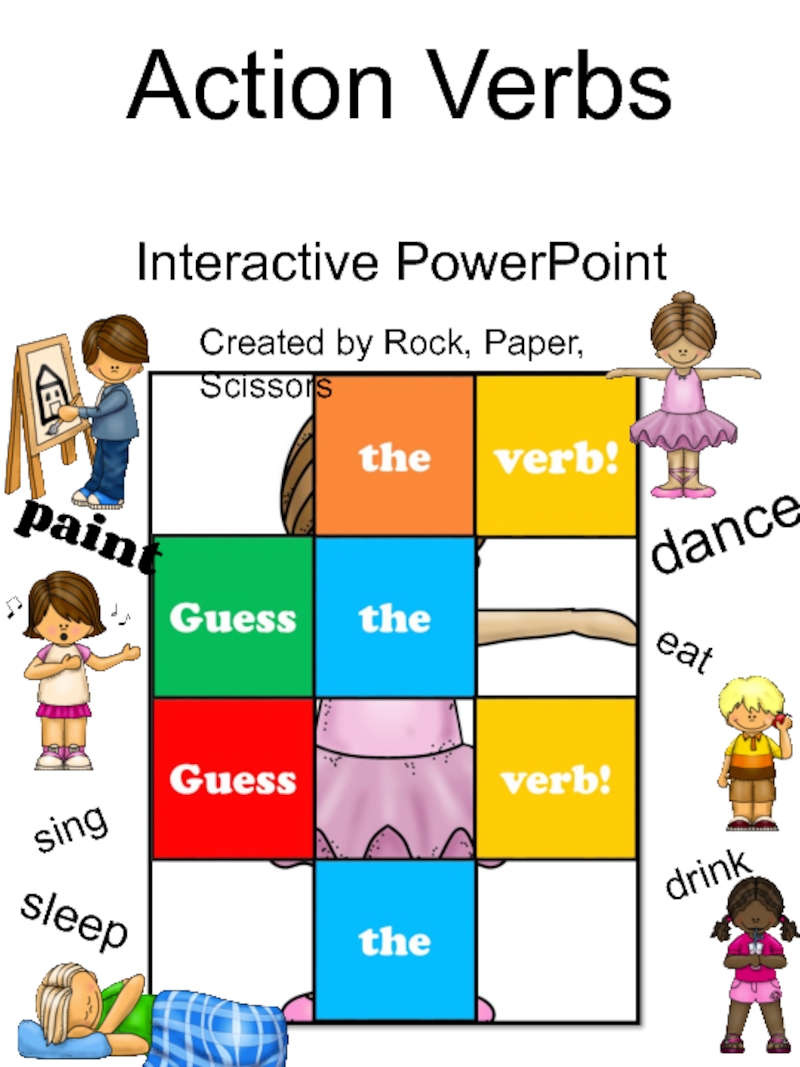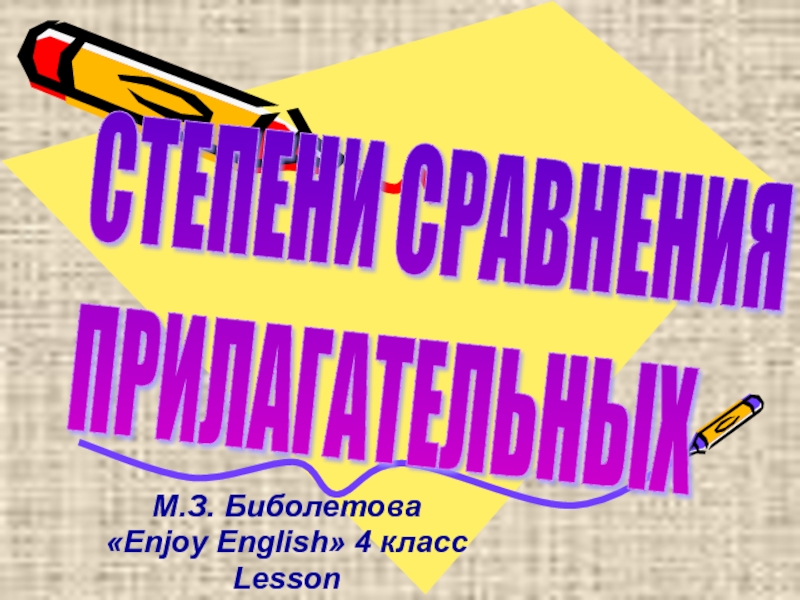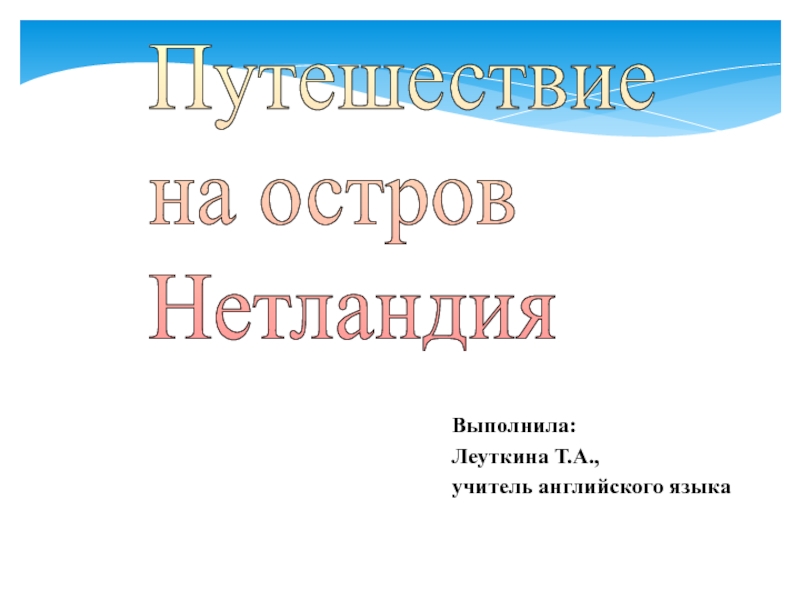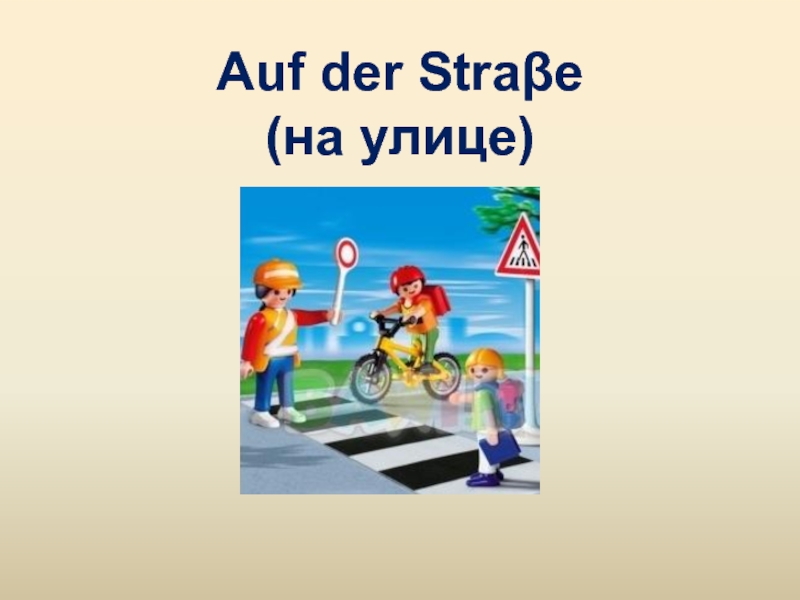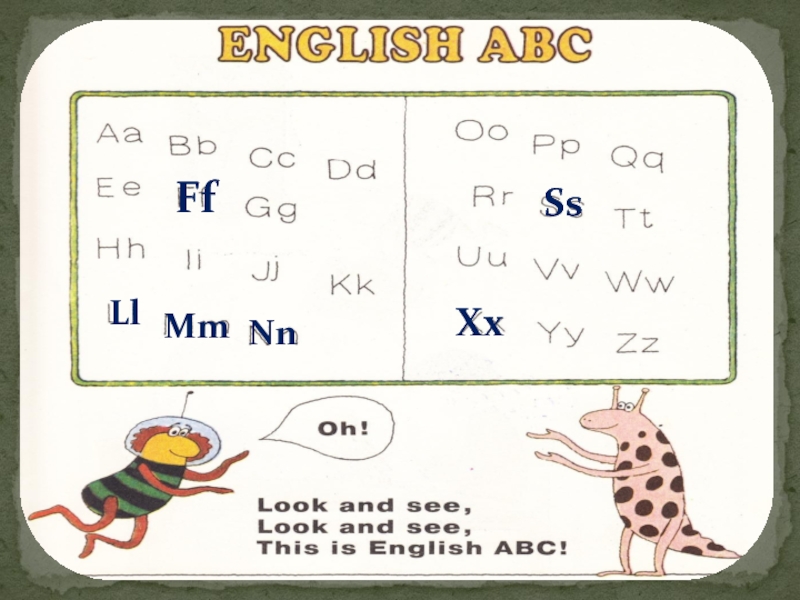- Главная
- Разное
- Дизайн
- Бизнес и предпринимательство
- Аналитика
- Образование
- Развлечения
- Красота и здоровье
- Финансы
- Государство
- Путешествия
- Спорт
- Недвижимость
- Армия
- Графика
- Культурология
- Еда и кулинария
- Лингвистика
- Английский язык
- Астрономия
- Алгебра
- Биология
- География
- Детские презентации
- Информатика
- История
- Литература
- Маркетинг
- Математика
- Медицина
- Менеджмент
- Музыка
- МХК
- Немецкий язык
- ОБЖ
- Обществознание
- Окружающий мир
- Педагогика
- Русский язык
- Технология
- Физика
- Философия
- Химия
- Шаблоны, картинки для презентаций
- Экология
- Экономика
- Юриспруденция
Higher education in Russia презентация
Содержание
- 1. Higher education in Russia
- 2. Levels of education OVERALL PROFESSIONAL -
- 3. The University covers a wide range of
- 4. In Russia, the first institution - a
- 5. owned by the mythical hero of Academ,
- 6. daily (full-time); evening (full-time); extramural; remote; eksternat. Forms of training
- 7. Traditional and widespread form of education.
- 8. Another name is the evening one. It
- 9. Assumes a sufficiently large degree of self-study.
- 10. It assumes delivery of the studied material
- 11. put 5 please (or at least 4) Thank you for attention
Слайд 2Levels of education
OVERALL
PROFESSIONAL
- the education that the student receives:
primary (primary classes);
basic
average (full) (for 11th grade).
- education that allows you to gain professional knowledge:
primary vocational (vocational schools, lyceums);
secondary vocational (technical schools, colleges);
higher professional (academies, universities, institutes).
–
Слайд 3The University covers a wide range of specialties from different areas
The Academy is distinguished by a narrower range of specialties (for one branch of the economy). Any of these two statuses are assigned to an educational institution, provided that extensive scientific research is carried out at a certain level.
The INSTITUTE trains at least one specialty and conducts scientific activity on its own
discretion.
Types of higher education institutions
Слайд 4In Russia, the first institution - a teacher's institute - was
Branch of the Non-State Educational Private Institution of Higher Professional Education "St. Petersburg Institute of Management and Law"
ul. Zelinsky, 30, School No. 24, fl. 4
The Institute
2014
Слайд 5owned by the mythical hero of Academ, in which the philosopher
In Russia, one of the first was the Slavic-Greek-Latin Academy, which opened in 1658.
Academy of Arts - the first secular academy, founded in 1757.
Academy
Слайд 7Traditional and widespread form of education.
Having chosen this method of
Full-time education
Слайд 8Another name is the evening one.
It gives an opportunity to get
Classes in this form are held in the evening or on weekends, and in the afternoon the student can work.
Part-time study
Слайд 9Assumes a sufficiently large degree of self-study.
The correspondence form is usually
an installation session, when a student is provided with a list of necessary for self-teaching literature,
test-examination session, when teachers in full-time form check the students' acquired material.
Usually the phases are significantly spaced in time, and examinations are held twice a year - in winter and in summer.
Extramural studies
Слайд 10It assumes delivery of the studied material to students and their
The students themselves choose the time for independent work, and with the questions that arise, they can turn to the teacher.
With distance education, you can get an education in another city without leaving home.
Distance Learning Form
